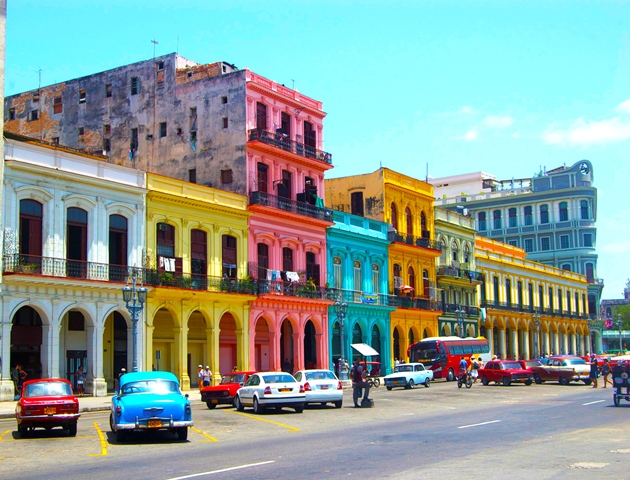Cuba is a beautiful and exciting country with much to offer by way of adventure and relaxation. The culture and history can be a wonderful backdrop to a memorable adventure. It would be a shame however, if the adventure had more to do with navigating a foreign medical system than the beautiful beaches and towns. Travel to Cuba has steadily been gaining popularity in the recent years with so many deals to be had. If you anxious to experience Cuba, or anywhere really, it is imperative that you check to ensure you are fully prepared and protected from a health standpoint prior to leaving. Prior to leaving, in this case, meaning several weeks if not months. While there are currently no required vaccination certificates for travel to Cuba, there are several that are recommended, some more highly than others.

Before travelling anywhere it is important to take stock of your health and overall preparedness. If you are at greater susceptibility for infection due to underlying health issues, occupation or lifestyle choices, vaccines will play a large role in safe-guarding you from dangers that may be more prevalent in the countries to which you travel. Routine vaccinations such as measles-mumps-rubella (MMR) and diphtheria-tetanus-pertussis (DTP) should be current, as well as your polio vaccine. These routine vaccinations are suggested as part of daily welfare in most countries and protect against things to which you have the greatest likelihood of exposure. Check with your doctor before leaving to ensure that any required boosters for these vaccinations are administered at least two weeks prior to travel. Children especially should be examined and vaccinated before travel.
The spread of other, more unusual diseases can be linked to several factors including unsanitary conditions created by natural disasters, poor hygiene or lack of resources. Contaminated food or water, insects like mosquitoes, and exposure to infected animals or animal droppings can pose a threat to travellers if not careful. Cuba, while modern in many respects, has still encountered recent issues with typhoid and hepatitis B. These are diseases spread via contaminated water and unsafe/unsanitary food handling.
The risk for many diseases, including typhoid, hepatitis B and rabies, increases when visiting remote or rural locations. It is in these areas where food safety, contaminated water, or diseased animals are more prevalent. Animal interaction should be closely monitored and any bites watched closely. Rabies can be found in many animals in Cuba including dogs, cats and bats. It is recommended that travellers to Cuba vaccinate against rabies before travel.
Be sure that you have your insurance and travel documents organized and available during your travel. While medical facilities are available in Cuba, treatment abroad can be tricky and expensive. It is for this reason and the reasons stated above, that it is advisable to have additional vaccines beyond your standard administered prior to travel. These vaccines include hepatitis A, hepatitis B, cholera, tetanus, typhoid, and rabies. Most vaccines can be administered by your general practitioner and are often available at little or no charge. Your healthcare provider and insurance company can assist in determining this.
Remember that all of these vaccines take time to become fully effective. Most require a minimum of two weeks, but others may take longer. You may also require booster shot to your previously administered vaccinations. Once you are certain of your travel, contact your doctor to plan your vaccination schedule so that you are protected. Although they are not required in order to enter the country, your trip will be that much more enjoyable without the looming concern over preventable sickness weighing on your mind.























